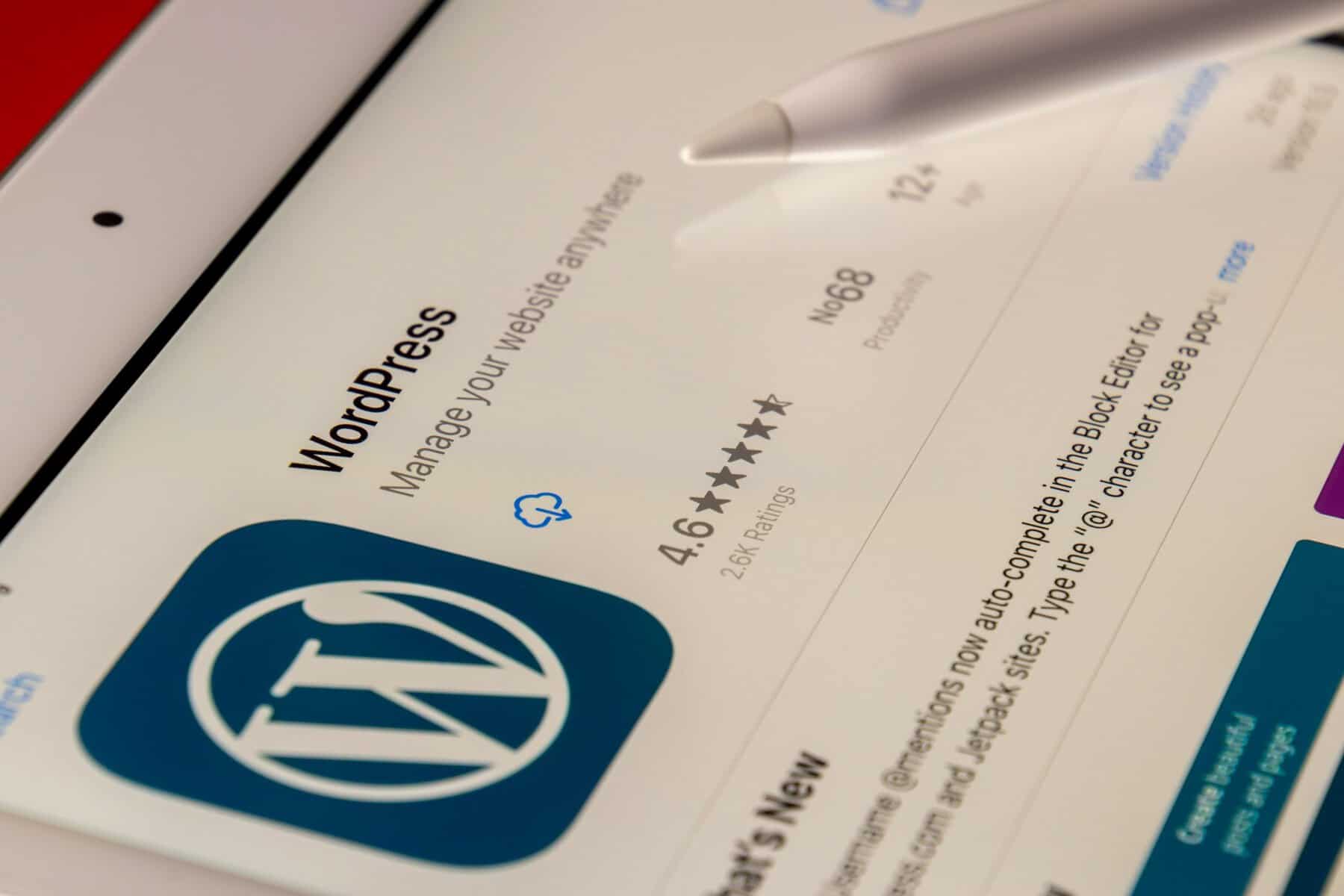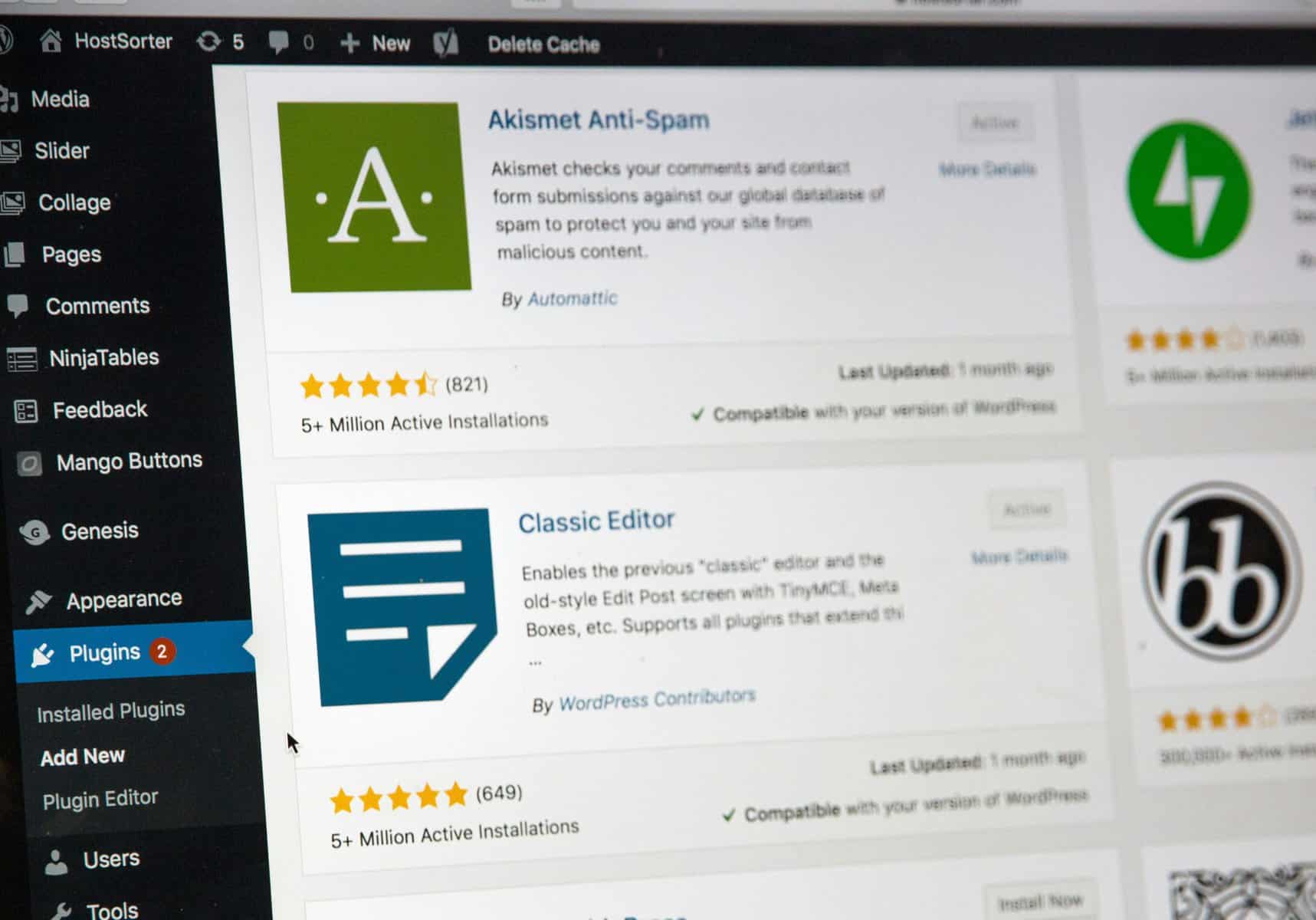Have you ever felt the frustration of crafting the perfect WordPress hook, only to find it stumbling over a seemingly simple hurdle: accessing external global variables? It’s a perplexing conundrum that can leave even seasoned developers scratching their heads. After all, WordPress thrives on flexibility and integration, so why does this particular roadblock exist? The answer lies in the intricate dance between scope and accessibility within PHP’s structure—a nuance that can turn an ambitious project into a debugging nightmare.
In this article, we’ll unravel the mystery behind why your WordPress hooks struggle with global variables and provide insights into best practices for managing variable scope effectively. We’ll explore common pitfalls and misconceptions while equipping you with practical solutions to overcome these challenges. Whether you're building plugins or customizing themes, understanding how to navigate this terrain will elevate your coding prowess and enhance your site’s functionality. So grab your favorite debugging tools, because it’s time to demystify those tricky hooks!
What are WordPress Hooks?
WordPress hooks are powerful features that allow developers to extend and customize WordPress functionality without altering core files. There are two primary types of hooks: actions and filters. Actions enable you to add or change the behavior of your site at specific points during execution, while filters allow you to modify data before it is sent to the database or displayed on the screen. This mechanism not only enhances modularity but also promotes code reuse, making it easier for developers to maintain clean, efficient code.
However, a challenge arises when these hooks need access to external global variables. Often overlooked, this limitation can lead to unexpected behaviors in your plugins or themes. When leveraging a hook within a function, you may find that global variables outside that context aren’t directly accessible unless explicitly declared as global within the function scope. This nuanced detail can significantly impact how developers design their solutions and encourage more thorough planning when integrating complex functionalities into WordPress sites. Understanding how and when globals should be used alongside hooks ultimately empowers developers to create robust applications aligned with best practices.
 The Role of Global Variables in PHP
The Role of Global Variables in PHP
Global variables in PHP serve as a bridge between different scopes, allowing developers to access data from various parts of their applications without passing it explicitly through function parameters. In the context of WordPress hooks, which often operate within isolated function environments, understanding how global variables work becomes crucial. For instance, when you declare a variable with the `global` keyword inside a hook callback function, you're actively telling PHP to look beyond the local scope for that piece of data.
However, reliance on global variables can be risky. As you modify or rely on shared state across functions and hooks, you might inadvertently introduce bugs that are challenging to trace and debug. The potential for namespace collisions increases as well—when two or more plugins attempt to use a similarly named global variable without coordination, chaos can ensue in your application logic. Instead of leaning heavily on globals, considering alternatives like object-oriented programming or dependency injection could lead to cleaner designs and fewer surprises during execution.
Moreover, better encapsulation strategies not only lead to improved performance but also enhance maintainability by keeping the codebase organized. Using classes and objects allows for specific modularization—each component operates independently while still being able to interact with globally defined constants when necessary. This approach fosters collaboration among different parts of your WordPress site while minimizing risks associated with mutable shared state lurking behind those global keywords.
Scope of Variables in Functions
Understanding the scope of variables within functions is crucial for effective WordPress development, especially when dealing with hooks. When a function is defined, it creates its own local scope—meaning any variable declared inside that function isn't automatically accessible outside of it. This can be particularly problematic when attempting to utilize external global variables, as they may not be readily available within your function’s context unless explicitly defined using the `global` keyword.
Consider the implications for plugin development: if you’re relying on certain global data to execute your hooks correctly, missing out on properly declaring these variables will result in errors or unexpected behavior. Harnessing global variables effectively requires an understanding of their visibility both inside and outside functions. It’s essential to maintain a clear structure where variable scopes do not clash and lead to confusion; embracing this discipline enhances both performance and reliability in your code.
Moreover, utilizing function parameters as an alternative approach allows better control over how data flows into your functions without overshadowing other variables in the broader application context. Function parameters offer improved readability and ease of debugging by clearly defining what inputs are necessary for operations, significantly reducing potential pitfalls associated with variable scope issues. By navigating through these intricacies wisely, developers can create robust WordPress environments that seamlessly integrate internal logic with external dependencies.
 Common Mistakes with Global Variables
Common Mistakes with Global Variables
One of the most common mistakes developers make when working with global variables in WordPress is assuming their scope transcends function boundaries without proper declaration. Without using the `global` keyword within a function, a developer might inadvertently create local variables that shadow their intended globals. This can lead to bugs that are not only hard to trace but also severely impact site performance as functions fail to manipulate data as expected.
Another frequent pitfall involves the over-reliance on global state, which undermines code modularity and maintainability. When functions begin to depend on several interlinked global variables, they become less reusable, harder to test, and more prone to errors during updates or refactoring efforts. To avoid this trap, consider passing parameters explicitly instead of accessing globals directly; this makes your functions clearer and promotes better coding practices. Prioritizing clarity over convenience leads not just to cleaner code but ultimately enhances collaboration among developers within team environments—a win-win for any project!
How to Properly Use Globals in Hooks
When working with WordPress hooks, managing global variables correctly is crucial for ensuring that your code behaves as expected. The key lies in understanding when and where to access these globals. For instance, utilizing the `global` statement at the beginning of your function allows you to declare which external variables you need. However, be mindful of scope; since WordPress executes hooks in a specific order, trying to access certain globals prematurely can lead to unexpected results or empty values.
Furthermore, relying on global state can make your code less modular and harder to debug. Whenever possible, consider passing data through parameters instead of depending solely on globals. This approach not only enhances readability but also makes testing more straightforward. If you must use globals due to existing application architecture constraints, try encapsulating their usage within class-based structures or dedicated functions that handle variable initialization responsibly. By doing so, you promote better maintainability while still leveraging the ability of those globals when necessary.
 Conclusion: Mastering Hooks and Variable Access
Conclusion: Mastering Hooks and Variable Access
In mastering hooks and variable access, it’s essential to understand the relationship between your WordPress environment and how scopes manage variables. Often, developers overlook that global variables are not automatically accessible within the scope of a hook or callback function unless explicitly declared. By utilizing the `global` keyword, you can bridge this gap and ensure that your external variables can seamlessly integrate with your hooks, leading to more robust functionality.
Moreover, consider leveraging object-oriented programming principles when working with hooks. Wrapping your functions in classes not only provides better organization but also encapsulates variable management. This allows for greater flexibility in controlling access to properties and methods, making it simpler to manage multiple states without introducing global pollution. Such practices elevate code maintainability and readability while enhancing performance.
Finally, always remember that debugging is just as critical as initial development; keep an eye on how changes in variable accessibility can impact other parts of your site. Utilizing tools like xDebug or query monitoring plugins can provide insights into how your external data interacts within the broader framework of WordPress hooks, ensuring a smoother development experience and fewer headaches down the line. Embracing these strategies will empower you to master WordPress's complex ecosystem effectively.




